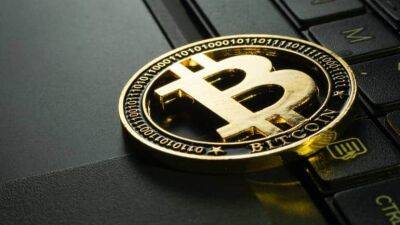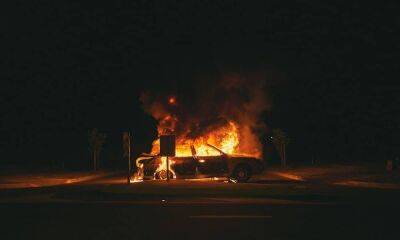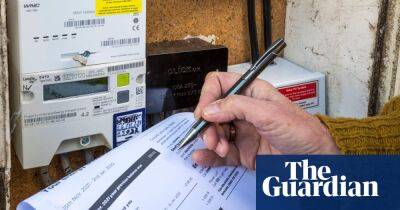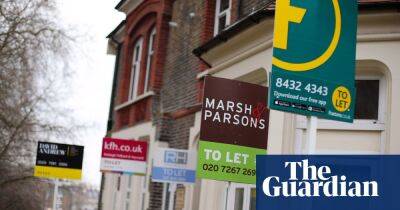Strikes, ‘food banks’, corporate raiders: BT falls from grace after Covid plaudits
BT’s first national strikes in 35 years, which kick off on Friday morning, are just the latest in a series of headaches to have beset the telecoms company.
Amid a backlash over accusations that it set up a “food bank” for cash-strapped staff and the growing threat from a stake-building corporate raider, Philip Jansen’s mission to recreate BT’s glory days as a “national champion” seems to slipping away.
It is a steep fall from grace for BT, a pandemic winner. The company’s critical role in maintaining the UK’s internet network as a locked-down nation gobbled up bandwidth like never before for work and entertainment put BT and telecommunications infrastructure in the spotlight.
Engineers had to deal with attacks and 5G masts were targeted by coronavirus conspiracy theorists, call centre teams staffed the phones, including the country’s 999 lines, and Jansen handed out a “Covid bonus” to almost 60,000 frontline workers.
However, unions, already at loggerheads with BT management over a restructuring to modernise the sprawling company, saw it as an attempt to “buy off” members instead of offering a “real pay deal”.
The emergence of a so-called “food bank” at EE’s call centre in North Tyneside last month – which BT says is a “community pantry” for shift workers with no time to nip to the shops – has become a symbol of the discontent and divide between lower-paid employees and management.
“It was still there when I was there last week,” said Joanne Shaftoe, the north-east regional chair at the Communications Workers Union (CWU), who has been employed by BT since before the last national strike in 1987. “I think they dare not take it down as that would be an admission it was wrong in the first place. But the donations on the table
Read more on theguardian.com








![Alexandre Dreyfus - Chiliz [CHZ] sees +150% price surge in four weeks, and that’s not all - ambcrypto.com - city Santiment - city Santimentin](https://finance-news.co/storage/thumbs_400/img/2022/8/25/38397_mu7vx.jpg)

![Litecoin [LTC] investors must know that chances of capitulation are… - ambcrypto.com - city Santimentthe - city Santimentmeanwhile](https://finance-news.co/storage/thumbs_400/img/2022/8/25/38395_xyre.jpg)









